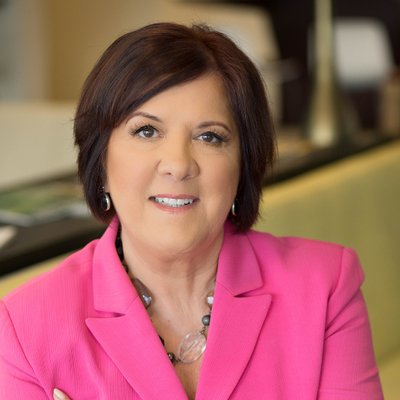A random survey of 3,500 adults released on April 2, 2019 conducted by Gallup and West Health, a nonprofit based in San Diego, has received renewed attention.
“The U.S. Healthcare Crisis” uncovered these two disturbing facts: One in every four consumers skipped a medical treatment in 2018 because of cost. In addition, Americans borrowed $88 billion last year to pay their medical bills.
Business reporters can help their readers avoid taking either one of these extreme measures by looking into one or of the following stories:
Understand the “ABCs” of your employer’s policy
More than 178 million Americans have employer-sponsored health insurance. Yet many are not getting all the benefits offered because they either don’t understand what their policy covers, or fail to take advantage of benefits–or both.
Employers can offer “HDHPs,” “HSAs,” “FSAs,” and “HRAs,” or even a combination, such as a HDHP with an HSA. Do your readers understand this alphabet “soup” of an employer’s potential offerings–and are they taking advantage of them? This link provides a good backgrounder. Another: the 22nd annual survey on Best Practices in Health Care Employer Survey from Willis Towers Watson.
Nearly three-quarters of employers offer employees a High-Deductible Health Plan tied to a Health Savings Account. Yet in 2017, 43% of employees didn’t contribute any of their own money to these tax-advantaged accounts, which adds up to a missed opportunity for many to reduce their out-of-pocket costs.
Find better ways to manage a medical bill
There are a half-dozen or more ways for consumers to manage a medical bill without paying with a credit card or taking out a loan that charge high interest rates. Insure.com provides this useful backgrounder on how to manage medical bills. A patient can ask the hospital for a copy of their financial assistance guidelines, ideally before having operation or unexpected procedure.
They can also ask the hospital or their doctor about paying on a sliding scale, if they’re in a difficult financial situation. Another: Using a doctor or hospital with church-related ties, which may be more forgiving of a high bill. Knowing one’s rights under the Fair Collection Practices Act is essential if a bill has gone into collection. Develop this story with more reporting from Medical Advocates of America, Families USA, and the local office of the Legal Aid Society.
Go social about your medical bills
When no one else will listen, appealing for help with medical bills on a crowdsourcing website such as GoFundMe can be surprisingly effective. Visitors to the site contribute $650 million to 250,000 medical appeals annually, which are one in every three appeals received, says CEO Rob Solomon.
Find a campaign in your demographic whose employer-provided healthcare coverage fell short and interview them to bring this story home. Business reporters may also find a local charity that offers help with bills.











